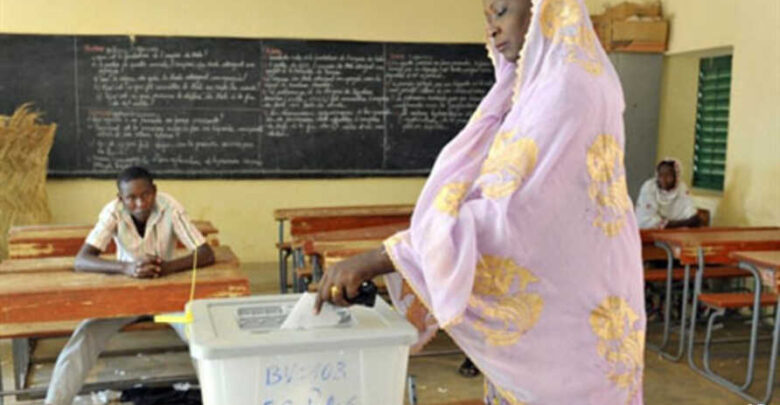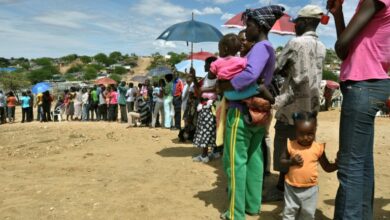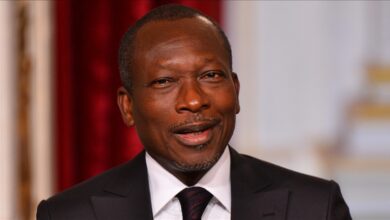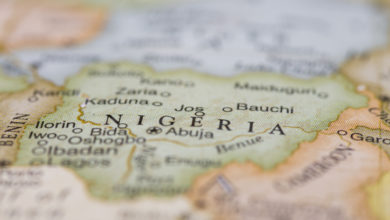Benin
Voting Closes In Benin Parliamentary Election, Preliminary Results Expected By Next Week

Voting for parliamentary elections took place in Benin on Sunday where around 6.6 million voters were expected to vote in the 17,749 polling stations across the country, to elect 109 deputies from 1,526 candidates representing the seven political parties, reported The BBC. The voter turnout was reportedly low.
The vote took place under the supervision of observers from the Economic Community of West African States (ECOWAS) and representatives of seven contesting political parties in the country.
On Sunday, Beninese President Patrice Talon said that he was satisfied with the entire electoral process underway for the legislative ballot.
“The process is going well, I believe that we are definitively turning the bad pages of the political history of our country,” he said after voting at a primary school in Cotonou, Benin’s largest city.
He added that no one is boycotting the election anymore despite the reforms that are still in progress and which are transforming the country’s political, economic, and administrative environment.
Notably, Talon, who was elected in 2016 and re-elected in 2021, does not belong to any party but is supported by the two parties currently in power in parliament – the Bloc Republicain and Union Progressiste le Renouveau.
All the opposition parties took part in the election this time after boycotting or being excluded from the most recent presidential and legislative votes.
The preliminary voting results are expected within the next week. Parties winning more than 10% of the vote will share out the 109 parliament seats, according to a proportional system.
Benin’s economy is an agriculture-dependent economy that has rebounded since the coronavirus pandemic. It has grown more than 7 percent in 2021 and the first half of 2022. However, the country of 12 million is still one of the poorest in the world, with one-fifth of the population living on less than $1.90 per day, according to the World Bank.






